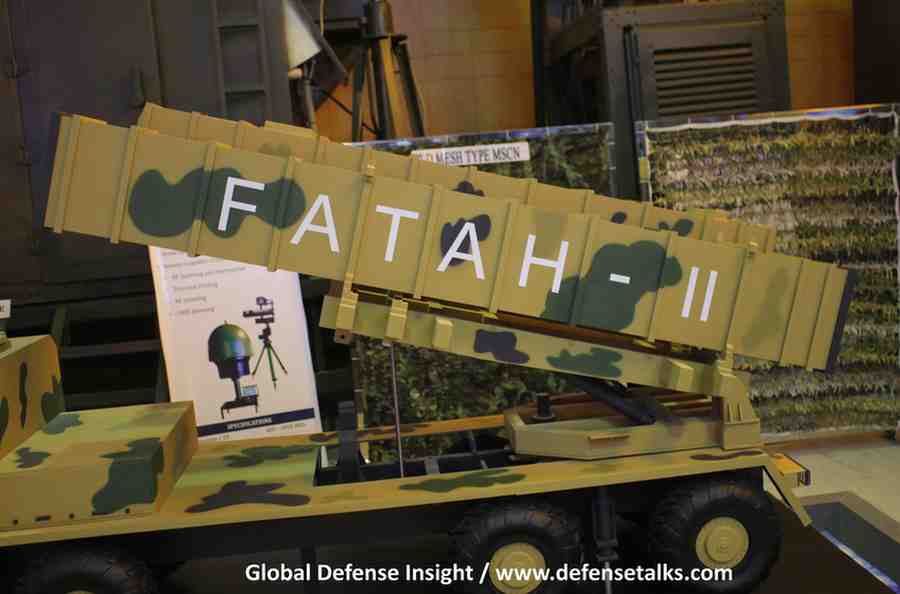Artificial Intelligence or AI is a tool that is drastically and dramatically changing how human beings perform their day-to-day activities. AI is, weak as it may, a powerful technology simply because it minimizes the need for human interventions in its work. But weak AI’s existence has opened Pandora’s Box of possibilities for “more”. If AI can currently perform the tasks that it has been assigned to do, why can we not make a super-intelligent AI that is also capable of learning on its own? This simple human need to excel has started a race of technology that could potentially change the world as we know it and turn it into an AI-dependent global community. Therefore the need to adopt AI systems before they reach their prime is becoming an eminent necessity for all states to secure their national interests and security.
In the book “Winning the National Security AI Competition” Mr. Whitlock emphasizes the need for state actors to mobilize AI and leverage it for national security purposes. It has been argued in the book that when it comes to maximizing the potential benefits of AI, both government and industrial sectors need to come together and form a civil-military-infused system that joins forces and accelerates national security endeavors.
Pakistan has started to use Artificial Intelligence to increase security, and biometric authentication through the use of facial recognition has decreased the possible ways of identity theft. It has been claimed by the PCA (Principal Component Analysis) that the feature descriptor is accurate about 98.66% of the time. Moreover, Ms. Saadia Anwar Pasha wrote a research paper examining the use of AI by Pakistani authorities in counteracting cybercrime against children, how AI can be used to manage the data and perform better investigations was the focus point of her argument. Taking into account these examples, it can be argued that Pakistan is currently focusing on the advantages of furthering the technological use of AI only in terms of internal security matters, while the need for using AI to enhance national security remains lost in our policies.
In the National Security Policy of 2022, Pakistan had for the very first time looked at nontraditional security threats and formed a comprehensive analysis of what kind of security issues are faced by Pakistan in this modern world. Cyber security and the need to enhance national security to counter cyber threats was a key area of this security plan, but how AI can be used to accomplish cyber security was not considered. This goes to show how behind Pakistan is in AI capabilities.
Now, Pakistan cannot be considered a part of the arms race in AI which is not only due to lack of economic resources but the lack of importance given to this field of area. The world is arguing that a new cold war is emerging between the US and China which is driven by AI, therefore it seems that while the world is focused on acquiring new and newer technology Pakistan is lagging at even using the existing technology to further its national interests.
The few key areas where Pakistan can incorporate AI to further its national security can range from; using AI to manage data especially where the amount of data exceeds the time there is to make a decision; studying patterns, and calculating risks in war-prone areas where weather can be harsh in order to avoid previously made mistakes which could have cost human capital; using AI for foreseeing probable outcomes and consequences of decisions by analyzing past endeavors; and AI can be used to run campaigns which further educate the civilians and avoids the spreads of misinformation caused by propagandists.
While extended use of weak AI can be counterproductive and can lead to undesired outcomes, for example, accidental use of weapons in enemy territory, or the release of classified information into the wrong hands, and the unimaginable scary which would be AI taking control of nuclear arsenal and unleashing a nuclear war, all of these consequences can be avoided if the technology is used carefully and access to systems is kept under wrap by the authorities. Even though the risk of hackers getting into the system remains an eminent threat, the answer to this cannot be avoiding the use of AI altogether.
It is not a secret that AI is the future, therefore any state that refuses to evolve with the world and get into the new systems or learn to adapt will keep falling deeper into the hands of modern history. The state of Pakistan is not just lagging in the AI race but is also failing to incorporate what it can of technological advancement into its current arsenal. AI in itself is a weapon, not because of what it can currently do but because of what it has the capability of becoming. It has been a rite of passage that anything that can be used to further a state’s power and increase its national security has been used to do just that, therefore Pakistan is in dire need of taking any help that I can from the currently available AI system and using them before the enhanced systems are launched in the market and the distance between states that depend on AI to do their work and non AI states becomes incredibly difficult to overcome.

Arooj Azhar
Arooj Azhar is a student of International Relations, currently pursuing a bachelor's degree at Air University, Islamabad. She is an aspiring IR scholar aiming to work in the areas of international stability, humanitarian relief, and international law. Her research interests include emerging technologies and national security.
- Arooj Azhar#molongui-disabled-link













